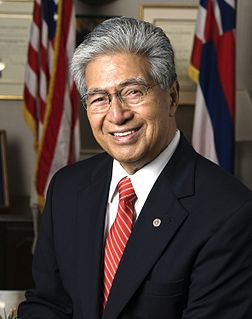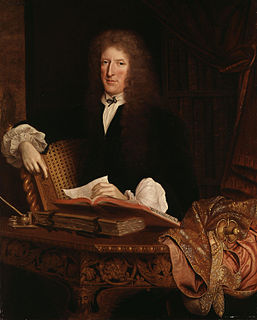A Quote by Otto von Bismarck
With bad laws and good civil servants it's still possible to govern. But with bad civil servants even the best laws can't help.
Related Quotes
The culture of the State Department is very negative towards a conservative foreign policy. And the model that we all have, of civil servants as neutral careerists who carry out the policy of the elected president, doesn't work nearly the way it should in the State Department. So that there are many people who want to be good civil servants, who want to try and carry out these policies, but are afraid to do so. And I'm not even counting the very small number of conservatives in the State Department who are genuinely at risk.
When I so pressingly urge a strict observance of all the laws, let me not be understood as saying there are no bad laws, nor that grievances may not arise, for the redress of which, no legal provisions have been made. I mean to say no such thing. But I do mean to say, that, although bad laws, if they exist, should be repealed as soon as possible, still while they continue in force, for the sake of example, they should be religiously observed.
I was under the librarians' protection. Civil servants and servants of civility, they had my back. The would be whatever they needed to be that day: information professionals, teachers, police, community organizers, computer technicians, historians, confidantes, clerks, social workers, storytellers, or, in this case, guardians of my peace.







































